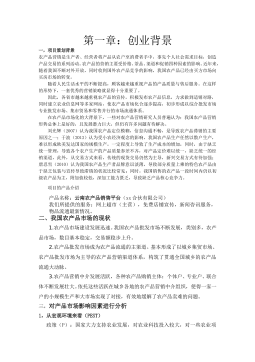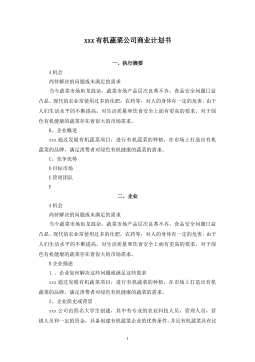浅析跨文化商务交际中的语用失误现象
浅析跨文化商务交际中的语用失误现象ABSTRACTThankstotheeconomicreformandopening-up,Chinahasbecomeacompetitiveandappealingmarket,developingever-increasinglyfast.Asaresult,moreandmoremultinationalincorporationschoosetoinvestprojectsorsetupbranchesonthisland.Facedwithsuchgreatopportunities,Chinesepeoplehaveshowedunparall...
相关推荐
-
【拔高测试】沪教版数学五年级下册期末总复习(含答案)VIP免费
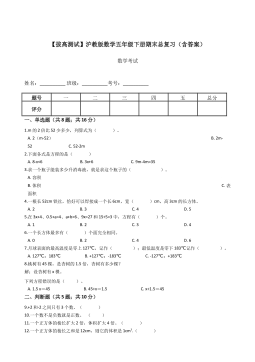
 2024-11-19 12
2024-11-19 12 -
【基础卷】小学数学五年级下册期末小升初试卷四(沪教版,含答案)VIP免费
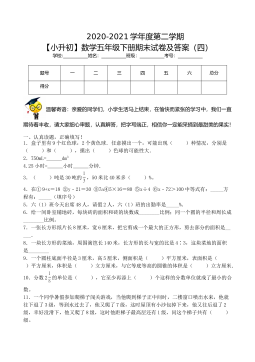
 2024-11-19 8
2024-11-19 8 -
期中测试B卷(试题)-2021-2022学年数学五年级上册沪教版(含答案)VIP免费
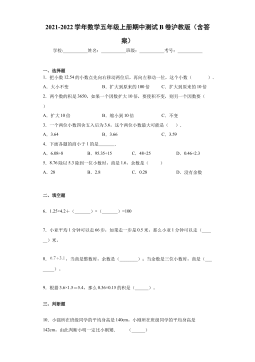
 2024-11-19 8
2024-11-19 8 -
期中测试B卷(试题)- 2021-2022学年数学五年级上册 沪教版(含答案)VIP免费
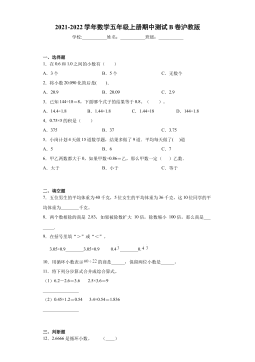
 2024-11-19 9
2024-11-19 9 -
期中测试A卷(试题)-2021-2022学年数学五年级上册沪教版(含答案)VIP免费
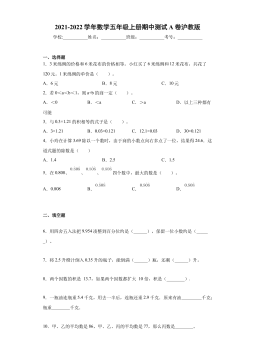
 2024-11-19 14
2024-11-19 14 -
期中测试A卷(试题)-2021-2022学年数学五年级上册 沪教版(含答案)VIP免费
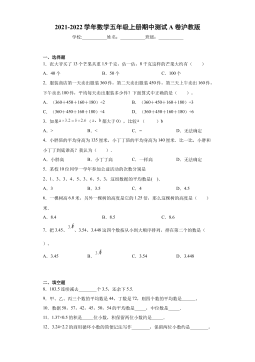
 2024-11-19 14
2024-11-19 14 -
期中测B试卷(试题)-2021-2022学年数学五年级上册 沪教版(含答案)VIP免费
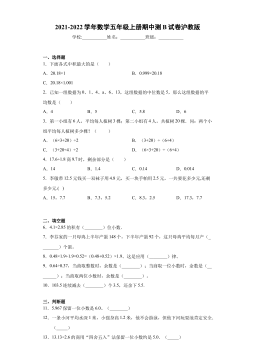
 2024-11-19 10
2024-11-19 10 -
期中测A试卷(试题)-2021-2022学年数学五年级上册沪教版(含答案)VIP免费

 2024-11-19 20
2024-11-19 20 -
【七大类型简便计算狂刷题】四下数学+答案
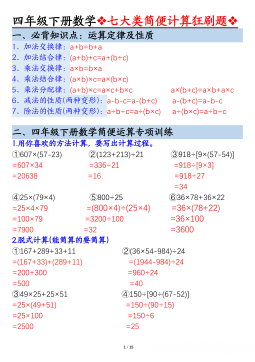
 2025-03-18 6
2025-03-18 6 -
【课内金句仿写每日一练】四下语文
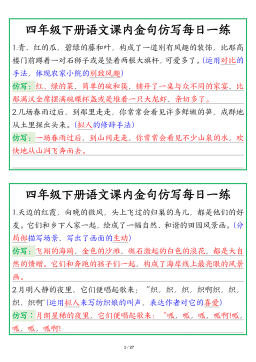
 2025-03-18 6
2025-03-18 6
相关内容
-

期中测试A卷(试题)-2021-2022学年数学五年级上册 沪教版(含答案)
分类:中小学教育资料
时间:2024-11-19
标签:无
格式:DOCX
价格:5 积分
-

期中测B试卷(试题)-2021-2022学年数学五年级上册 沪教版(含答案)
分类:中小学教育资料
时间:2024-11-19
标签:无
格式:DOCX
价格:5 积分
-

期中测A试卷(试题)-2021-2022学年数学五年级上册沪教版(含答案)
分类:中小学教育资料
时间:2024-11-19
标签:无
格式:DOCX
价格:5 积分
-

【七大类型简便计算狂刷题】四下数学+答案
分类:中小学教育资料
时间:2025-03-18
标签:数学计算;校内数学
格式:PDF
价格:1 积分
-

【课内金句仿写每日一练】四下语文
分类:中小学教育资料
时间:2025-03-18
标签:无
格式:PDF
价格:1 积分


